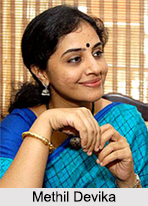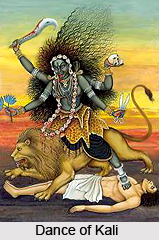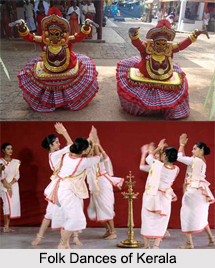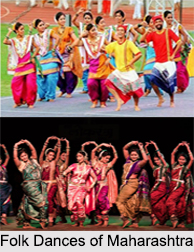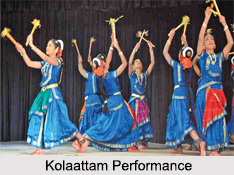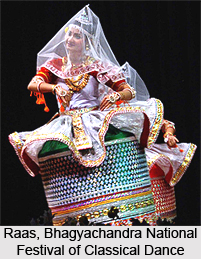 Bhagyachandra National Festival of Classical Dance is an important dance festival which is organised at Kaina in the north-eastern state of Manipur and performance or dances like `Maha Raas` and `Sankritana` are the main characteristics of the dance festival. Skilled dancers from various portions of India are invited in Bhagyachandra National Festival of Classical Dance to deliver their performances and impress the audience gathered to witness the grand event. Continuing for three days, several blooming artists also share the stage with dancing stalwarts. This festival was named in the honour of Meidingu Chingthangkhomba, a saint king who is referred to as Rajarshi Bhagyachandra Maharajah whose reign lasted from 1759 to 1798 AD. Historical sources claim that this ruler had started the Raas Leela form of the Manipuri classical dance which was initiated during 1797 AD.
Bhagyachandra National Festival of Classical Dance is an important dance festival which is organised at Kaina in the north-eastern state of Manipur and performance or dances like `Maha Raas` and `Sankritana` are the main characteristics of the dance festival. Skilled dancers from various portions of India are invited in Bhagyachandra National Festival of Classical Dance to deliver their performances and impress the audience gathered to witness the grand event. Continuing for three days, several blooming artists also share the stage with dancing stalwarts. This festival was named in the honour of Meidingu Chingthangkhomba, a saint king who is referred to as Rajarshi Bhagyachandra Maharajah whose reign lasted from 1759 to 1798 AD. Historical sources claim that this ruler had started the Raas Leela form of the Manipuri classical dance which was initiated during 1797 AD.
The festival aims to promote the regional arts and cultural heritage of this region and mobilising the country through it. The medium of dance, as an essential part of living has been effectually portrayed through the Bhagyachandra National Festival of Classical Dance. The oldest version of the festival was arranged in the year 1989, by joint efforts of Department of Social Welfare, Art & Culture, Government of Manipur, North East Zone Cultural Centre, Dimapur and East Zone Cultural Centre. Eight different editions of this dance festival have been held, amidst melodious music of drums and rhythmic body movements of the dancers.
`Kunja Raas`, `Maha Raas` and `Vasanta Raas` are the three Raas Leelas which are said to have been conceived by the saint king Rajarshi Bhagyachandra who was greatly fond of arts and culture. The text, concept and form of the Raas was designed by Rajarshi Bhagyachandra. For five consecutive nights, this ruler had dedicated a performance of Maha Raas to the deity Shri Govindajee during 1797 AD in a full moon night of `Hiyangei`. Shija Lairoibi, the daughter of this king, who was also known as `Vimbavati`, played the main role of Radha.
